“Anyone of any age and background can sit and watch this film, understand it, learn from it and emotionally connect to it”.— Dr Patricia Leavy in The Qualitative Report
The short film, Rufus Stone, (Kip Jones, Author and Executive Producer), seems to move from strength to strength. The movie was based on research as part of Research Councils UK funded research at Bournemouth University and a project of the national New Dynamics of Ageing programme.
 Harry Kershaw, Martha Myers-Lowe &Tom Kane
Harry Kershaw, Martha Myers-Lowe &Tom Kane
Rufus Stone was screened as part of an ESRC Festival of Social Science event at BU in November for representatives of health and social care organisations. Participants went away from the day of activities with new knowledge about growing older as gay or lesbian in rural settings. Attendees each received a set of Method Deck cards produced by the research team to encourage their own groups in discussion and activities around these issues.
A Masterclass is in the planning stages for late April where representatives from both statutory and voluntary groups can come to Bournemouth for two days, learn about our research, view the film and take part in exercises drawn from the Method Deck. They then will be equipped to return to their groups with training in organising their own meaningful exercises around interfacing with older gay and lesbian citizens in their organisations. By partaking in the two days of activities, participants will receive copies of the Method Deck and the film. Stay tuned for details.
Freshers on HSC’s “Exploring Evidence to Guide Practice’ unit as well as Social Work students have had recent screenings as part of their learning experiences. There will be future opportunities for BU students to take advantage of this ‘home grown’ successful learning resource.
The film was screened in January at Birkbeck/University of London’s very modern Gordon Square cinema in Bloomsbury for their Doing Critical Social Research seminar series. A lively discussion followed with what seemed a very appreciative audience.
Cambridge University welcomes Rufus to the Cambridge Arts Picturehouse cinema on the 22nd of February at 4 p.m. as part of their Arts and Science Researcher Forum. A Q&A with Jones and Rufus Stone’s director, Josh Appignanesi, will follow the screening, BU’s Trevor Hearing will moderate.
There will be a screening of Rufus Stone in March at Talbot campus hosted by BU Media School’s Narrative Group. Following the film, Jones will discuss the use of narrative research, biography and autobiography in creating the film’s story and script. Great chance to catch the film if you haven’t seen it already. 18 March, Kimmeridge (KG03) at 1 p.m.
Community screenings at local cinemas in Poole and Wareham are set for the BU Festival of Learning on June 5th at the Lighthouse and June 12th at the Rex. Both start at 1 p.m. with refreshments and conversation to follow. We are particularly hoping to draw crowds of a range of ages and backgrounds from local communities.
 William Gaunt, Lin Blakley & Niall Buggy
William Gaunt, Lin Blakley & Niall Buggy
For information, registration and/or ticket details for all future screenings, check the sidebar on Rufus Stone the movie BU microsite.
Buzz around the film has also hit the net. The Sociological Imagination features the trailer for the film on its pages and discusses ‘Turning Research into Film’. The Qualitative Report frequently features updates about Rufus Stone in its Weekly Report and recently ran a review of the film by author and educator, Patricia Leavy.
London School of Economics and Political Science (LSE) “Impact of Social Science” web pages recently interviewed Kip Jones about Rufus Stone. Topics covered include: “How did Rufus Stone come about?” “What is the relationship between the research and the film?” and “What advice to you have for social scientists interested in using tools from the arts?” 5 Minutes with Kip Jones: “we engage in the creative process and open new doors for communication”.
As well as winning two awards at the prestigious Rhode Island International Film Festival last summer, the film has also recently featured in the Torin (Italy) Film Festival and the UK Jewish Film Festival in London.
An academic article by HSC’s Kip Jones, Lee-Ann Fenge, Rosie Read and Marilyn Cash goes live in Forum: Qualitative Social Research, an on-line journal, shortly. The paper outlines the research behind the film, then presents in-depth life stories of four of the research participants.
Jones has also recently published , “Connecting Research with Communities through Performative Social Science”, which makes a case for the potential of arts-based social science to reach audiences and engage communities.






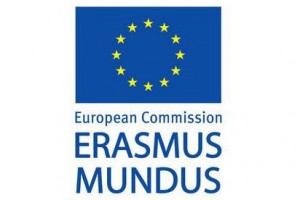

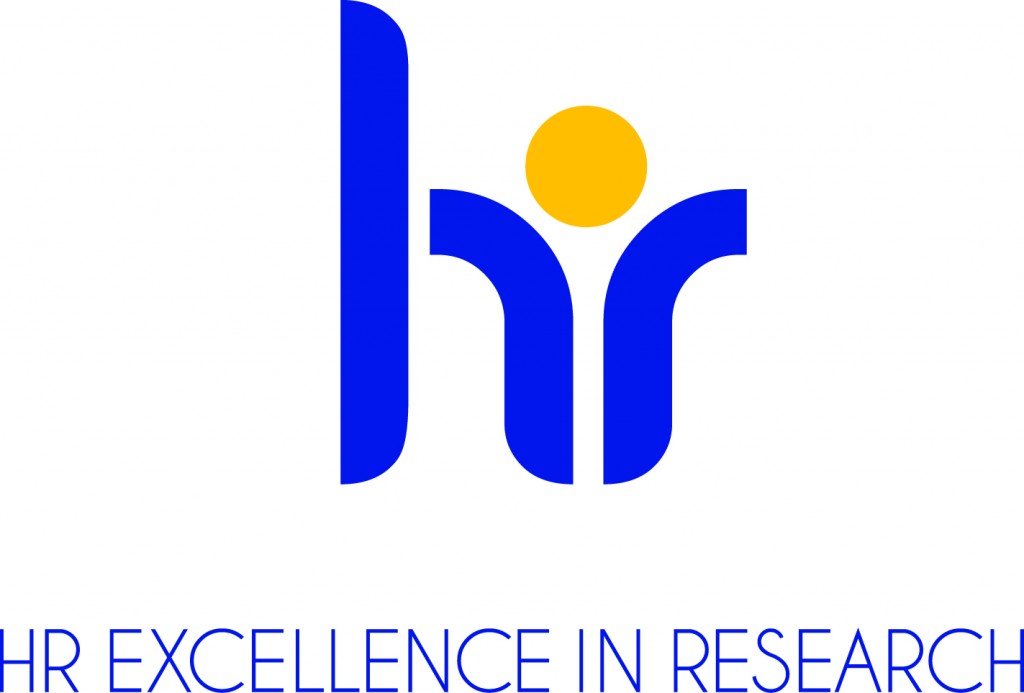
 The AHRC Follow-on Funding for Impact and Engagement Scheme (FoF) provides funds to support innovative and creative engagements with new audiences and user communities which stimulate pathways to impact. Funds will be awarded for knowledge exchange, public engagement, active dissemination and commercialisation activities that arise unforeseeably during the lifespan of or following an AHRC-funded project. The scheme does not support supplementary funding for continuation of research activities.
The AHRC Follow-on Funding for Impact and Engagement Scheme (FoF) provides funds to support innovative and creative engagements with new audiences and user communities which stimulate pathways to impact. Funds will be awarded for knowledge exchange, public engagement, active dissemination and commercialisation activities that arise unforeseeably during the lifespan of or following an AHRC-funded project. The scheme does not support supplementary funding for continuation of research activities.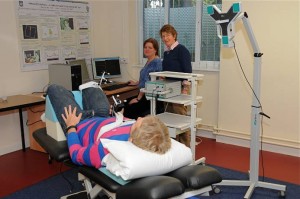
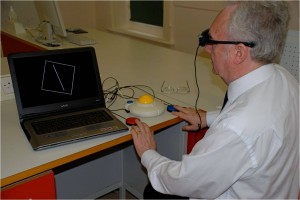


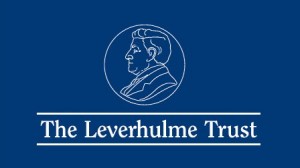











 Beyond Academia: Exploring Career Options for Early Career Researchers – Online Workshop
Beyond Academia: Exploring Career Options for Early Career Researchers – Online Workshop UKCGE Recognised Research Supervision Programme: Deadline Approaching
UKCGE Recognised Research Supervision Programme: Deadline Approaching SPROUT: From Sustainable Research to Sustainable Research Lives
SPROUT: From Sustainable Research to Sustainable Research Lives BRIAN upgrade and new look
BRIAN upgrade and new look Seeing the fruits of your labour in Bangladesh
Seeing the fruits of your labour in Bangladesh ECR Funding Open Call: Research Culture & Community Grant – Apply now
ECR Funding Open Call: Research Culture & Community Grant – Apply now ECR Funding Open Call: Research Culture & Community Grant – Application Deadline Friday 12 December
ECR Funding Open Call: Research Culture & Community Grant – Application Deadline Friday 12 December MSCA Postdoctoral Fellowships 2025 Call
MSCA Postdoctoral Fellowships 2025 Call ERC Advanced Grant 2025 Webinar
ERC Advanced Grant 2025 Webinar Update on UKRO services
Update on UKRO services European research project exploring use of ‘virtual twins’ to better manage metabolic associated fatty liver disease
European research project exploring use of ‘virtual twins’ to better manage metabolic associated fatty liver disease